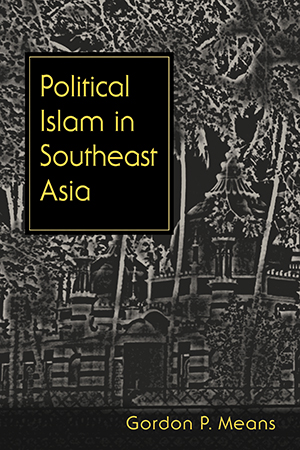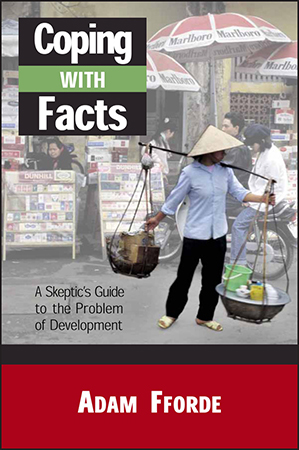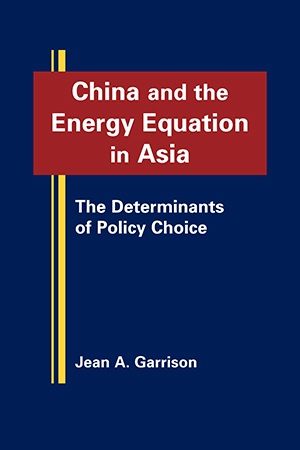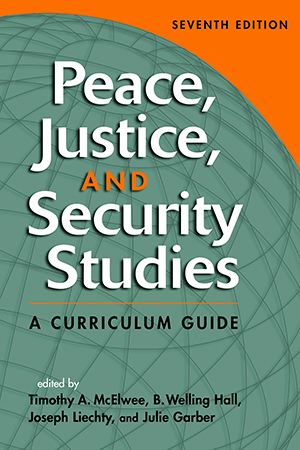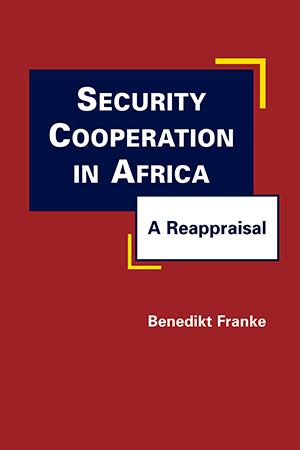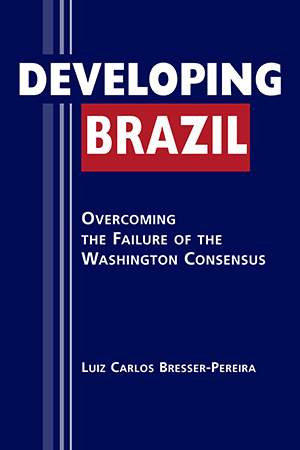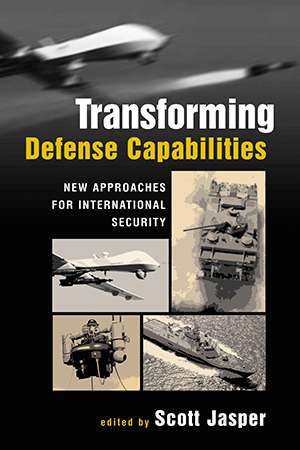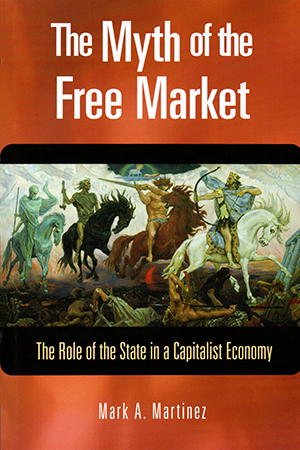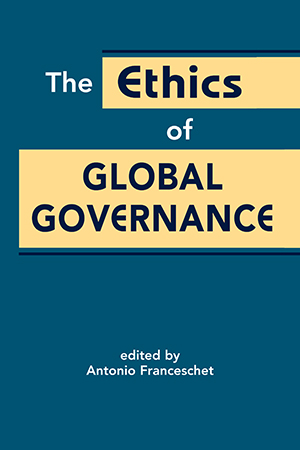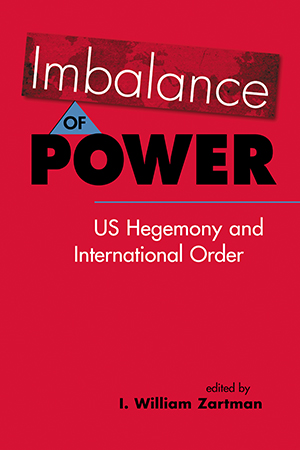BOOKS
Gordon Means traces the evolution of Islamic politics in Southeast Asia, ranging from the early arrival of Islam in the region to the challenges it generates, and faces, More >
Students and practitioners confronting the mass of competing assertions in the development literature—replete with contradictory "truths"—may well become frustrated. More >
Why does China act as it does in its pursuit of energy security? Are “resource wars” inevitable? Going beyond traditional analyses that focus on China as a regional and global More >
Fully revised to reflect the realities of the post–September 11 world, this acclaimed curricular reference provides a comprehensive review of the field of peace, justice, and security More >
In the midst of the atrocities reported in the Democratic Republic of Congo, the seemingly constant strife in the Horn of Africa, and the ongoing violence in Darfur, how do we make sense of More >
After the 1994 Real Plan ended fourteen years of high inflation in Brazil, the country’s economy was expected—mistakenly—to grow quickly. Luiz Carlos Bresser-Pereira More >
In the face of today's security challenges, there is widespread recognition of the need to think and act in new ways to ensure both national and collective security interests. More >
Mark Martinez reveals how the myth of the "invisible hand" has distorted our understanding of the development and actual performance of modern capitalist markets. Martinez draws More >
Ethics is treated in this provocative book not as a set of rules, nor as a topic for philosophical discussion, but as an inescapable and necessary aspect of political life. The authors More >
Now that the clear delineations of the Cold War era are behind us, what are the contours of the international system? And what does the new reality mean for the United States, the More >



